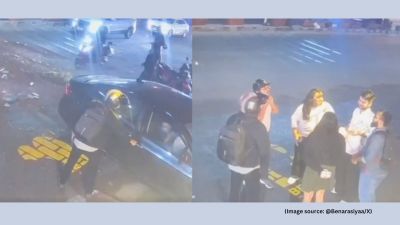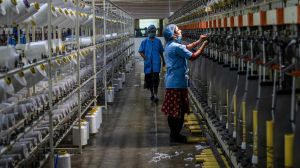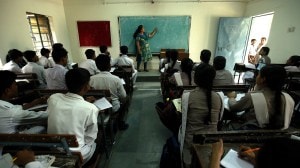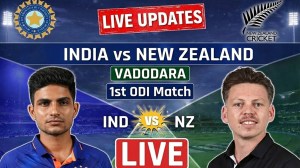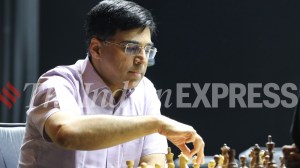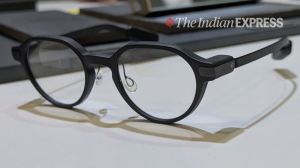A strategic partner
The Prime Minister's visit to Paris has been useful. It provided an opportunity to give recognition to France's importance in world affai...

The Prime Minister8217;s visit to Paris has been useful. It provided an opportunity to give recognition to France8217;s importance in world affairs and underlined the need for closer Indo-French relations. France is a major factor in India8217;s post-Pokharan diplomacy. As a key member of a number of powerful international groupings, the Security Council, G-8 and European Union, France8217;s concept of the global order and the part countries like India should play in bringing about that order cannot but become more influential in the course of time.
Under a Gaullist president, French foreign policy has been taking a markedly independent course from Washington8217;s. Although this has sometimes been criticised as no more than a difference of style and assertion of French primacy, there have been discernible differences in the substance of French and US positions on the Middle East and on European security issues, for example. Unlike Washington and Beijing, Paris realises it cannot afford to and has not sounded self-righteous inreacting to India8217;s nuclear tests.
Even though it has fallen in line with the generally condemnatory language of the P-5 and G-8, it has created the diplomatic space for a dialogue with India on non-proliferation issues. Paris also does not believe economic sanctions are effective in altering domestic policy and now has the satisfaction of seeing Washington coming round to its view.
It is understandable therefore that Vajpayee should have delayed his departure from New York in order to be able to meet President Jacques Chirac and Prime Minister Lionel Jospin on his way back and to discuss with them India8217;s security interests and evolving position on the Comprehensive Test Ban Treaty. Although the visit fell somewhat short of a full-fledged state visit in that it did not result in the usual series of joint statements and agreements, the stop-over in Paris seems to have been worthwhile. The two governments have agreed to conduct a 8220;strategic dialogue8221; through special emissaries, Brajesh Mishra for Indiaand a senior diplomat for France. No doubt the term, strategic dialogue, tends to be used these days for everything and nothing. In this case it should not be seen as a mere salve for Indian sensitivities over diplomatic isolation after Pokharan.
Well before the tests both capitals had recognised the need for closer political ties and had begun to examine the prospects for cooperation in economic, defence and high technology areas.
Hopefully, apart from having brought about better French understanding of India8217;s position on nuclear issues, Vajpayee8217;s visit has laid the ground for a higher level of French investment in Indian infrastructure, particularly the power and telecom sectors. There is no official word as yet about cooperation in the civilian nuclear power sector. But it is no secret that India intends to enlarge its nuclear power programme by buying technology from abroad. And the French who have assisted India8217;s programme in the past, notably by supplying fuel to Tarapur, are looking aggressivelyat the export market. No doubt these mutual interests were reaffirmed in Paris and ways of lifting export controls were discussed.
- 01
- 02
- 03
- 04
- 05


